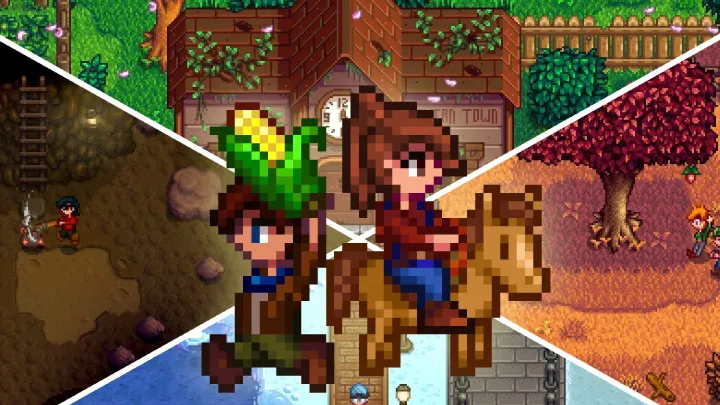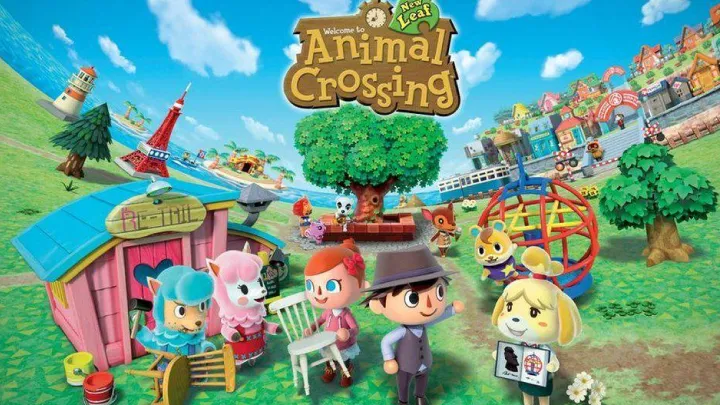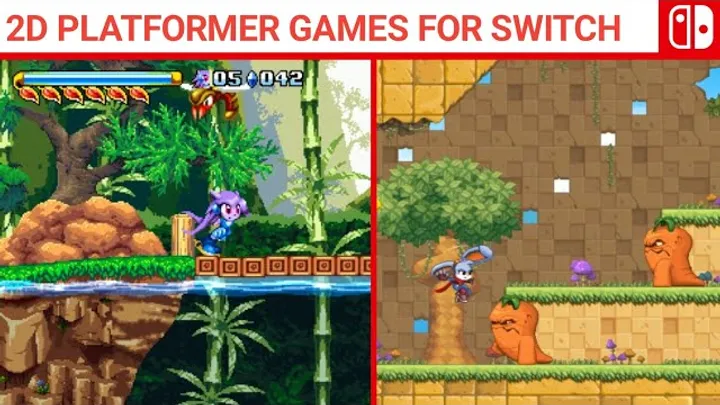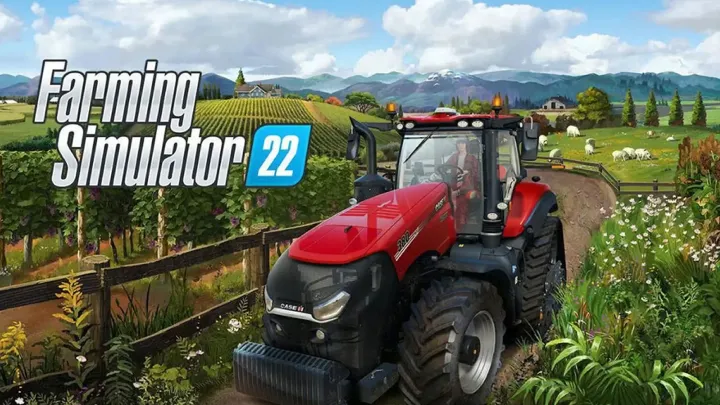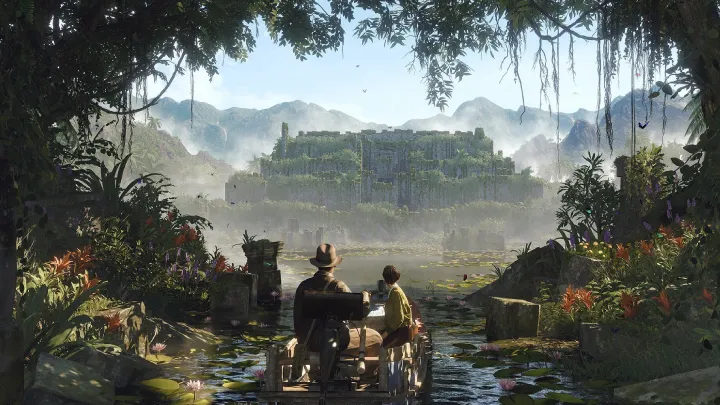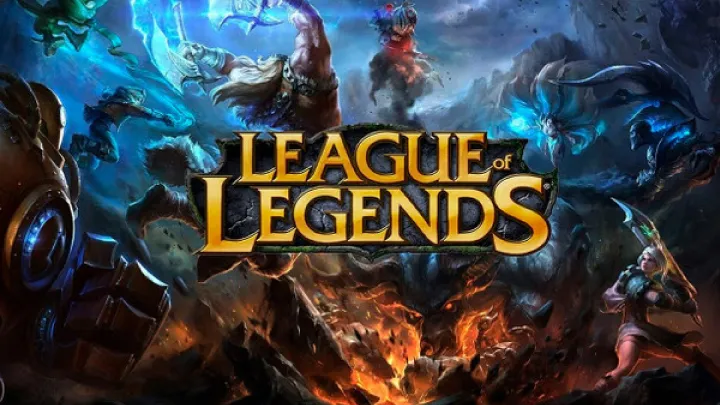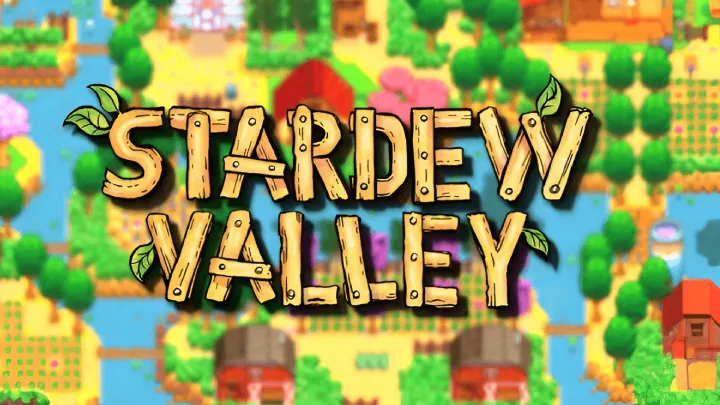
Stardew Valley, developed by ConcernedApe, has become a beloved title in the indie gaming scene since its release in 2016. This charming farming simulation game allows players to escape the hustle and bustle of modern life as they cultivate crops, raise animals, and build relationships in the quaint town of Pelican Town. While the game may seem like a simple farming simulator on the surface, it delves deeply into themes of community, connection, and personal growth. This article will explore the significance of community in Stardew Valley, examining how relationships with townsfolk and the player's engagement with their environment contribute to emotional well-being and a sense of belonging.
The Setting: A Refuge from Modern Life
The Retreat to Stardew Valley
At the heart of Stardew Valley is the idea of retreating from the stress and chaos of urban living. The game begins with the player inheriting a run-down farm from their grandfather in the idyllic countryside. This setting serves as a stark contrast to the corporate grind of the player's former life, highlighting the allure of nature, simplicity, and a slower pace of life.
The peaceful landscapes of Stardew Valley invite players to immerse themselves in a world where they can escape the pressures of contemporary society. This initial invitation to reconnect with nature and community sets the stage for a transformative experience that encourages players to foster relationships and invest in their surroundings.
Nature as a Healing Force
Nature plays a pivotal role in the emotional landscape of Stardew Valley. The lush fields, vibrant flora, and serene rivers create an atmosphere of tranquility and rejuvenation. Engaging with the land through farming and foraging allows players to experience the therapeutic benefits of nature, reflecting real-world studies that emphasize how time spent outdoors can improve mental health.
As players cultivate their farms, they witness the fruits of their labor, fostering a sense of accomplishment and connection to the environment. This relationship between the player and the land serves as a foundation for building community ties, reinforcing the idea that nurturing one’s surroundings can lead to personal growth and fulfillment.
The Importance of Relationships: Building Community
The Townsfolk: A Diverse Cast of Characters
Pelican Town is populated by a diverse array of characters, each with their own personalities, stories, and struggles. From the cheerful shopkeeper Pierre to the reclusive miner Gunther, the townsfolk contribute to the richness of the game's narrative. Each character has unique schedules, likes, and dislikes, encouraging players to engage with them on a personal level.
Building relationships with these characters is not merely a gameplay mechanic; it reflects the importance of social connections in our lives. As players interact with townsfolk, they learn about their backgrounds, hopes, and challenges. These interactions deepen the player's investment in the community and highlight the significance of empathy and understanding in cultivating meaningful relationships.
The Mechanics of Relationship Building
The game incorporates various mechanics that encourage players to build relationships with townsfolk. Gifting is a primary way to increase friendship levels, and players must pay attention to each character's preferences. This system fosters a sense of connection, as players learn to appreciate the unique qualities of each character.
Moreover, players can participate in seasonal festivals, which serve as communal gatherings that strengthen bonds within the town. These events allow players to interact with multiple characters in a vibrant setting, creating opportunities for shared experiences and collective joy. This emphasis on community involvement reinforces the idea that relationships are built through shared moments and experiences.
The Role of Personal Growth: From Isolation to Connection
Overcoming Loneliness
Stardew Valley provides a poignant exploration of loneliness and isolation, reflecting real-world experiences faced by many individuals. The player's character begins their journey in a state of disconnection, having left behind a stressful career and a life devoid of meaningful relationships. This initial solitude mirrors the feelings of many players who seek solace in gaming as a form of escape.
As players engage with the community and cultivate friendships, they experience a transformative journey toward connection. The game illustrates the importance of reaching out, forming bonds, and investing time in relationships. Through the lens of farming and community, Stardew Valley emphasizes that overcoming loneliness requires active participation and engagement with others.
The Impact of Personal Achievements
Personal growth in Stardew Valley is not solely tied to relationships; it is also about achieving goals and milestones. Players can enhance their farming skills, craft new items, and improve their farm. These achievements foster a sense of accomplishment and contribute to the player's identity within the game.
As players invest in their farms and develop their skills, they gain confidence and a sense of purpose. This personal growth is intricately linked to their relationships with townsfolk; as players flourish, they are more equipped to contribute to the community. This interconnectedness underscores the idea that personal achievements can have a ripple effect on social connections, fostering a sense of belonging and support.
The Festivals: Celebrating Community and Connection
Seasonal Events as Social Gatherings
Throughout the year, Pelican Town hosts various seasonal festivals that bring the community together. These events serve as vibrant celebrations of culture, tradition, and connection. From the Egg Festival in spring to the Luau in summer, each festival offers players opportunities to interact with townsfolk and participate in communal activities.
Festivals play a crucial role in reinforcing the bonds between characters and the player. Engaging in games, sharing food, and celebrating together fosters a sense of unity and joy. These shared experiences highlight the importance of community in enhancing emotional well-being and creating lasting memories.
The Emotional Significance of Festivals
The festivals in Stardew Valley are more than just gameplay mechanics; they symbolize the emotional significance of gathering and celebrating as a community. These events provide players with a break from their routine and allow them to engage in lighthearted fun. This emphasis on joy and celebration reflects the importance of maintaining social connections and fostering a sense of belonging.
Moreover, players often witness character interactions that reveal deeper insights into their lives and relationships. For example, during the Dance of the Moonlight Jellies, players can observe how characters interact with one another, providing glimpses into their friendships and rivalries. This narrative depth enriches the player's experience, reinforcing the idea that community is built on shared moments, both joyous and challenging.
The Farm as a Community Hub: Nurturing Connections
The Farm as a Reflection of Identity
The player's farm in Stardew Valley serves as a central hub for both individual growth and community engagement. As players cultivate their land, they create a unique space that reflects their identity and values. The farm becomes a canvas for self-expression, showcasing the player's style, creativity, and dedication.
This personal investment in the farm contributes to the player's sense of belonging within Pelican Town. Just as the townsfolk have their own stories and identities, the farm becomes an extension of the player's narrative. This connection to the land fosters a profound sense of attachment and commitment to the community.
Hosting Events and Building Relationships
Players can also invite townsfolk to their farms, further enhancing the sense of community. Hosting events like farm dinners or barbecues allows players to strengthen their relationships with characters while creating shared experiences. These gatherings foster a sense of connection and support, reinforcing the idea that community is built through shared spaces and activities.
Additionally, the farm serves as a resource for the community. Players can share their harvests, provide gifts, and contribute to local events. This reciprocal relationship between the player and the townsfolk highlights the importance of collaboration and support within a community, illustrating that connections thrive when individuals contribute to the greater good.
The Emotional Journey: From Struggle to Belonging
Navigating Personal Struggles
As players progress through Stardew Valley, they encounter various challenges and struggles, both in their farming endeavors and their relationships. The game reflects real-life experiences of hardship, showcasing how characters deal with their struggles in different ways. For example, characters like Abigail grapple with their identities and aspirations, while Elliot faces the challenges of isolation as a writer.
Players are given the opportunity to support these characters through their struggles, providing an avenue for empathy and connection. By engaging with the stories of townsfolk, players can reflect on their own experiences, fostering a sense of understanding and shared humanity.
The Transformative Power of Connection
Ultimately, the emotional journey in Stardew Valley leads players toward a sense of belonging and connection. Through nurturing relationships, celebrating milestones, and overcoming challenges, players experience personal growth and transformation. The game illustrates that by investing in others and fostering connections, individuals can create a supportive community that nurtures emotional well-being.
This journey echoes the real-world importance of social connections in promoting mental health. Stardew Valley serves as a reminder that community and belonging are vital components of a fulfilling life, encouraging players to seek out and cultivate meaningful relationships both in-game and in their own lives.
The Impact of Stardew Valley: A Community of Players
Fostering a Global Community
Stardew Valley has transcended its status as a mere game to foster a global community of players. Online forums, social media groups, and fan sites have sprung up, allowing players to share their experiences, tips, and creativity. This sense of community extends beyond Pelican Town, as players connect over their love for the game and the values it embodies.
The community aspect of Stardew Valley reinforces the themes of connection and belonging. Players share fan art, discuss their favorite characters, and celebrate achievements together, creating a vibrant culture that mirrors the game's emphasis on relationships and support.
The Legacy of Stardew Valley
As Stardew Valley continues to evolve with updates and expansions, its impact on the gaming community remains significant. The game's emphasis on community, connection, and personal growth resonates with players, encouraging them to seek out similar experiences in their lives. Stardew Valley serves as a model for how games can promote emotional well-being and foster meaningful relationships.
Moreover, the game's success has inspired other developers to explore similar themes in their own titles, reflecting a growing recognition of the importance of community in gaming. Stardew Valley's legacy extends beyond its individual players; it has reshaped the landscape of gaming, encouraging a focus on connection, empathy, and personal growth.
Conclusion
Stardew Valley is more than just a farming simulator; it is a profound exploration of community, connection, and personal growth. Through its charming design, engaging gameplay, and emphasis on relationships, the game invites players to reflect on their identities and the importance of nurturing social connections. The journey from isolation to belonging mirrors real-life experiences, emphasizing the significance of empathy and understanding in building meaningful relationships.
